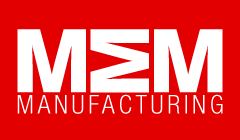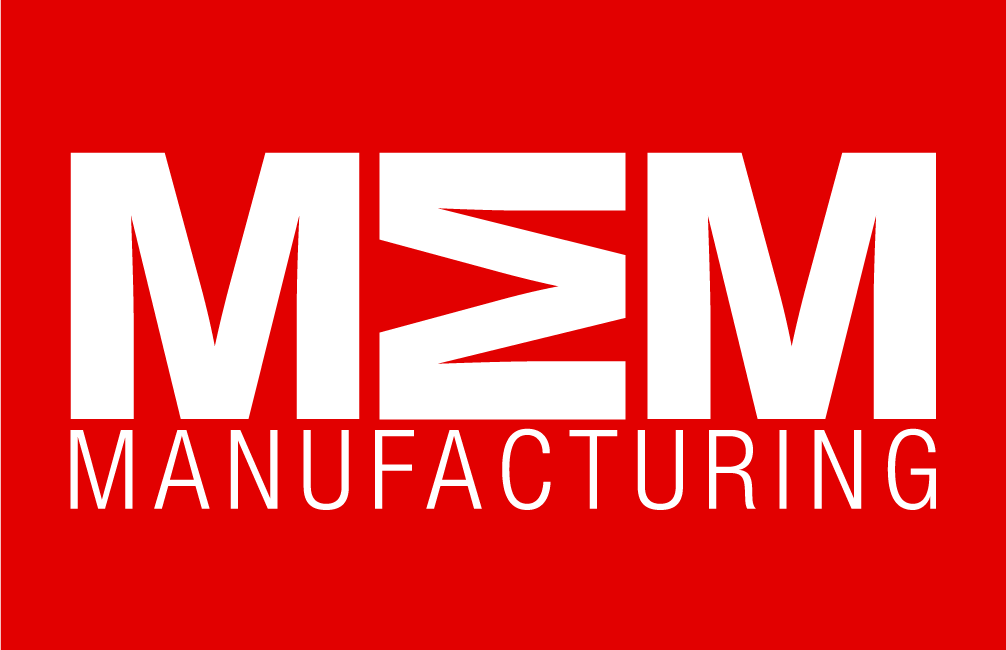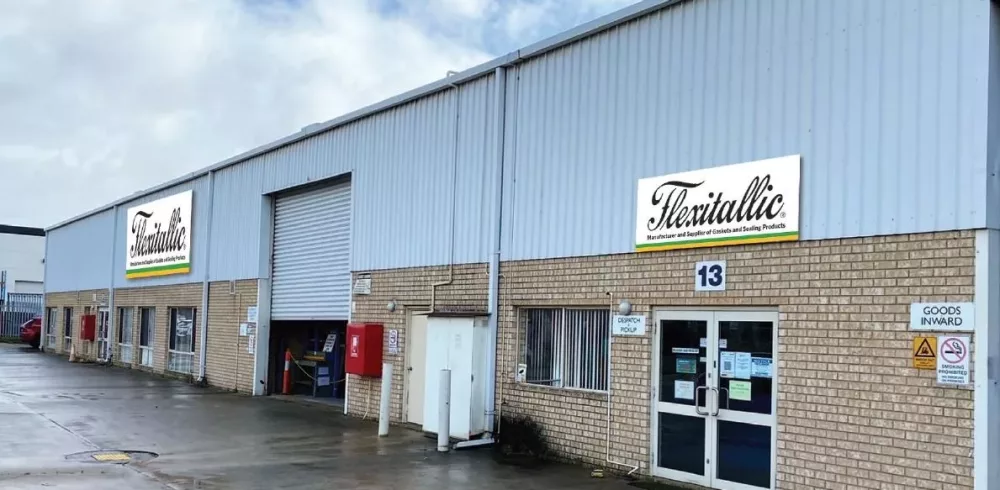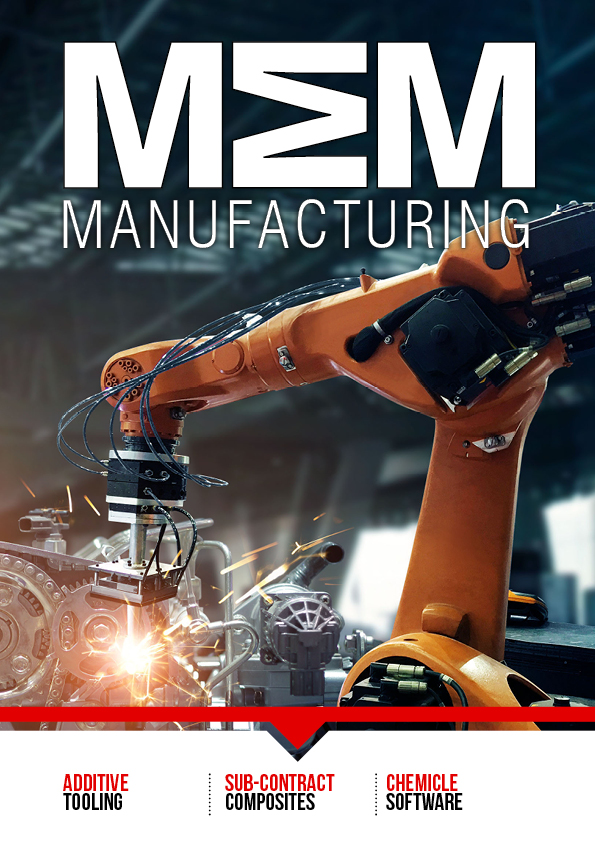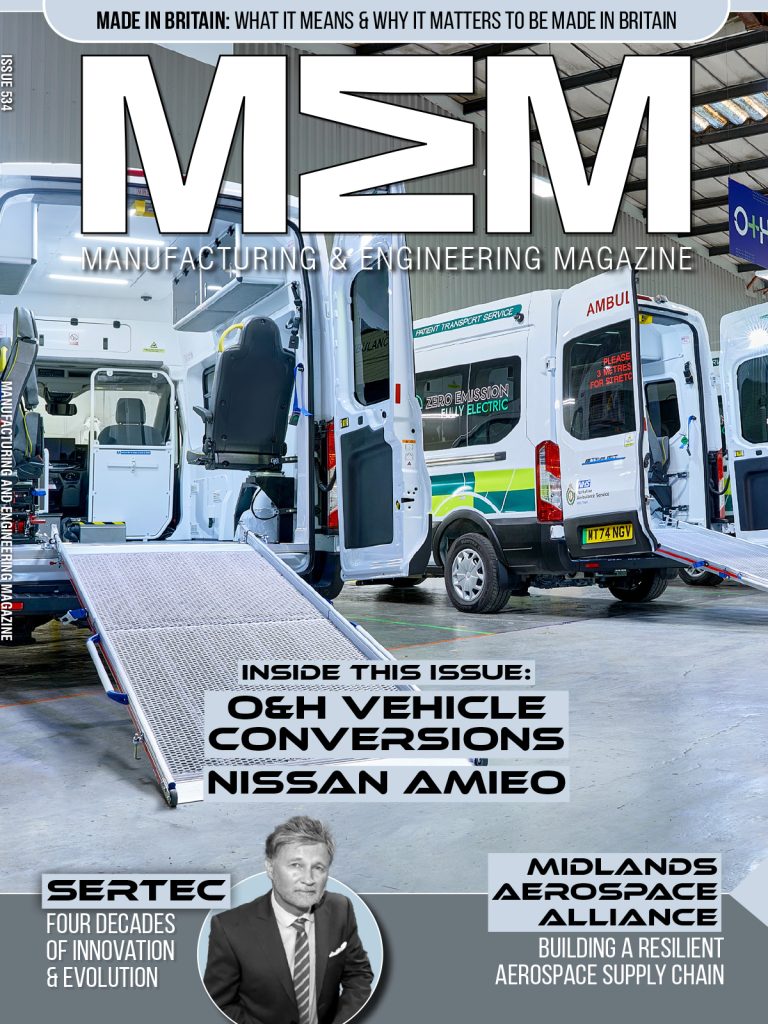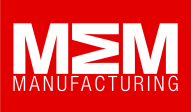There are many challenges to succeeding in the manufacturing industry. Your workplace and products must be safe and in perfect working order. You also have to think about influencing factors such as the standards of your technology, processes, data management, and more. On top of that, you must comply with all sorts of regulations.
Besides organizing your business as well as possible, you should see your accounting department as the asset it could be. If you maintain it with care and integrity, your finances can clearly show where your company stands and what the future holds. If that’s not enough, it can protect it from harm.
Get to know why a resilient financial system is important in manufacturing and how to ensure yours excels in the modern landscape.
Robust Finances Safeguard Manufacturing Companies
A system that tracks all money movement enables honest transactions, and is ready to tackle any threat to customers and workers alike is one that proves its company efficient and reliable.
In more technical terms, an organization needs financial practices that ensure detailed and accurate reporting, for starters. Transactions, communications, and other processes must also be transparent. Risk management is another must, capable of detecting and preventing criminal activity as much as errors.
All these elements make up a resilient financial system and lead to several benefits, such as:
- You can see how your company performs and where it can improve.
- All your interactions are clear and honest.
- You can protect your business from fraud, data breaches, and more.
- You build trust and loyalty in your workforce and customer base.
- Strict reporting and monitoring make regulatory compliance easier.
- You avoid penalties, fines, lawsuits, and loss of reputation.
Consider how many restrictions exist in the US. In addition to AML, GDPR, and HIPAA rules, companies typically need to adhere to Current Good Manufacturing Practice (CGMP) or other consumer product safety regulations.
Your financial department can play a crucial role in keeping track of all these requirements and ensuring your organization’s continued success and existence. That’s at the heart of why a resilient system is important in manufacturing.
Key Strategies for Building Resilient Financial Systems Within Manufacturing
Again: Mastering this industry requires good bookkeeping, reporting, transparency, risk management, and regulatory compliance.
Furthermore, you must provide appropriate training to ensure your accounting team and associated departments know how to accurately record and report financial data, from day-to-day payments to suspicious account activity.
Enforce transparency in your policies and services. Counter any chance of misconduct within your business, whether it’s about hidden fees, misleading information, abuse of data, or outright fraud.
As for regulations, tailor your financial system to any that apply to you. For example, when setting up an AML compliance program, your company must be able to educate employees but also:
- Perform risk-based analysis to assess the likelihood of fraud.
- Use appropriate software to check watchlists and export data for your suspicious activity reports (SARs).
- Conduct internal and independent audits often.
- Appoint a reliable chief compliance officer to manage all these matters.
Finally, keep in mind that the COVID-19 lockdowns changed much in terms of financial resilience in manufacturing and supply systems. Stay on top of today’s best practices, which should consist of the following:
- Simplified product designs
- Proximity to customers for a more practical geographic footprint
- A range of market channels
- Financial viability and agility
- Strategic partners and suppliers
- A responsive planning and manufacturing setup that can easily adhere to market demands
- Investments in better supply chains, risk management, supplier relationships, data and technology, and talent development
How Technology and Automation Can Bolster Financial Resilience
More and more businesses apply digitized lean manufacturing methodology to combat waste in the production process. Problems like overproduction, excess inventory, defects, and underutilization of the workforce are solved with the help of technology.
Various hardware and software – including mobile computers, digital payment systems, and AI-based tools – already streamline mundane tasks, minimize mistakes, track business performance, improve customer satisfaction, and more.
Especially noteworthy are the advances in automated supply chain financing that help improve the effectiveness and security of transactions, reports, and other processes. Data-driven analytics are also the driving force behind superior financial management and integrity.
Thanks to technology and automation, you can monitor everything, from data patterns in your revenue and expenses to a product’s specs and unused inventory. You can push the boundaries of what your business can accomplish while mitigating internal and external risks.
The Impact of Financial Fraud and Illicit Activities on Manufacturing Companies
There are a few real-world examples of what happens when you don’t take boundaries and regulations seriously.
The engine manufacturer Power Solutions International agreed to pay 1.7 million in 2020 after it was found to have overstating its revenues between 2014 and 2015 by almost $25 million. To do this, the company violated several federal antifraud, bookkeeping, reporting, and internal accounting laws.
2016 saw two more financial fraud cases involving manufacturers, specifically Logitech and Ener1. Due to their falsified records, the former paid $7.5 billion and the latter at least $180,000 in penalties.
These companies and the executives responsible for the violations found their names in the spotlight for all the wrong reasons, damaging their reputations and their finances.
So, think twice before inflating your numbers or being reckless with your accounting. Set up financial controls and compliance policies for any regulations that apply to your manufacturing business and follow them to the letter.
Don’t Underestimate Practices for Financial Resilience
It’s no simple task, but meticulous and completely honest accounting is an essential part of manufacturing now. Make the most of human and technological resources at your disposal to manage, record, and report financial processes with integrity.
Besides keeping you in the loop regarding your company’s workings, this kind of practical and resilient financial system can support your business on several levels.
Above all, doing so sets strong foundations for building a highly productive yet flexible manufacturing brand capable of adapting to the modern digital world. Being known as trustworthy helps you stand out all the more.
Manufacturing & Engineering Magazine | The Home of Manufacturing Industry News
